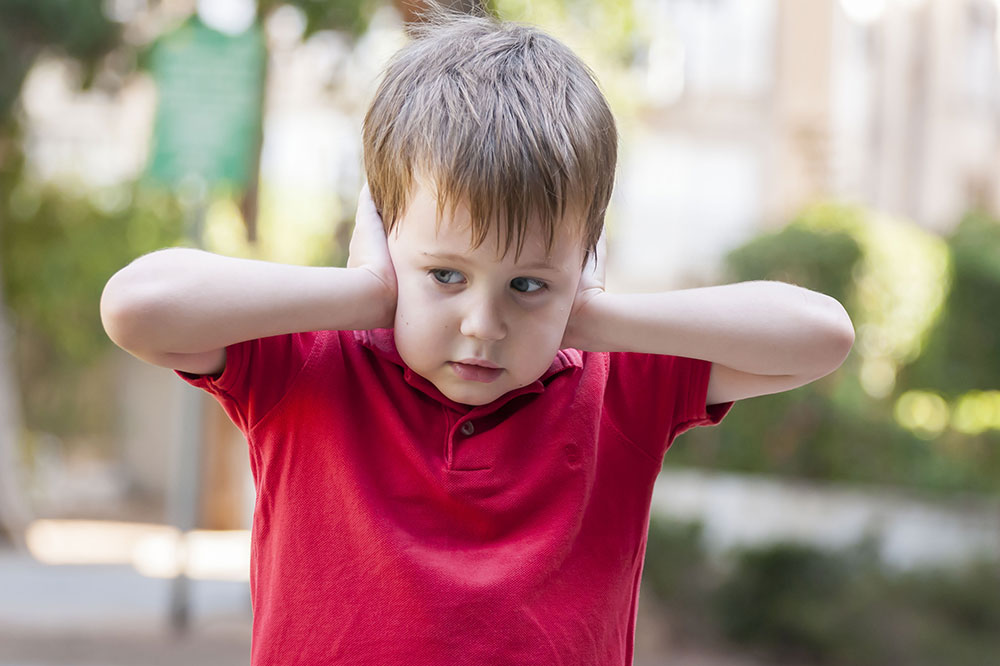Autism in children – 8 early signs to look out for

Autism spectrum disorder, better known as autism or ASD, is a developmental disability. Most people and children with this condition experience problems with social interaction, communication, repetitive behaviors, and interests. This can cause problems in relationships. One must keep in mind that several signs of ASD appear during the first 12 to 18 months. Hence, parents must consult a healthcare professional when they notice the following early signs of autism in children.
Development of peculiar interests
When a child is in the early stages of autism, he or she may show behaviors or interests that seem unusual. For instance, the child may line up toys or other objects and get incredibly upset when the order is changed suddenly. Another example of this early sign is the child throwing tantrums when separated from an object, activity, or toy.
Unusual movements
Another sign seen early in children is problems with cognitive functioning. So, if a child is on the autism spectrum, it can affect their motor skills. This can cause the child to go around in circles, flap the hands and feet, and rock back and forth rapidly. Additionally, the child may also experience an increased response to certain sensory triggers such as strong smells, sights, and sounds.
Slow reactions
Young children with autism can show slow responses to emotional cues. This can include signs that can be noticed as early as nine months. Some of these slow reactions include:
- Not showing facial expressions
- Not responding to their name
- Using few or no gestures when surrounded by people
Eye contact decline
Most babies make eye contact with others by the time they are aged two months. This leads to an improvement in locating faces, building relationships, and absorbing information about the surroundings. However, researchers have found that children on the autism spectrum begin making less eye contact at the same age. This decline in eye contact leads to problems while building relationships in the future and must be considered one of the early signs of autism in children.
Delay in the development of speech or language
While babies and toddlers begin speaking at different ages, research has shown that autistic children understand and speak fewer words when compared to their counterparts. So, for example, if a child isn’t speaking single words by 16 months or two-word phrases by the age of 2, one must consult a pediatrician at the earliest. This delay in speech and language development is a glaring sign of autism in children.
Regression
If a child or an infant begins to lose skills that they had developed, it can be considered an early sign of autism. While the cause of this regression is not known yet, it can be an incredibly difficult experience for parents and caregivers. According to statistics, almost one-third of autistic children lose skills after infancy and before playschool. So, if a child was actively responding and suddenly stopped, parents must discuss it with the pediatrician.
Behavioral changes
The development of an unusual temperament, an increased number of tantrums, and the inability to adapt to small changes in everyday routine can be considered early signs of autism in children. In rare cases, children with autism can even resort to violence and self-harm. This can be in the form of banging their heads, legs, and arms on surfaces to show their distress.
Lack of emotional connection
When most children are between 12 and 18 months, they develop an interest in mingling with other kids their age and playing pretend games. However, in the case of autistic children, one can notice early signs of the condition when the kid prefers to be left alone and avoids any form of interaction. These problems can indicate social difficulties as there is no development in emotional connection.
Additionally, many children with autism spectrum disorder tend to experience gastrointestinal issues like abdominal pain, constipation, and diarrhea. These signs may worsen with the intake of processed and inflammatory foods. So, it is important to check for intolerance to certain foods, such as those with gluten and lactose, and eliminate them from daily meals. Further, one should increase the intake of soluble or insoluble fibers depending on whether they experience diarrhea or constipation, respectively.
Most early signs mentioned above can be noticed in autistic children before they turn one year old. Hence, there are chances that parents and caregivers may miss them. Therefore, parents must keep an eye on their kids, and once these signs are noticed, one must consult a doctor for a quick diagnosis. Further, its also advised to consult a healthcare professional for a treatment plan that can cater to the child’s symptoms and needs.